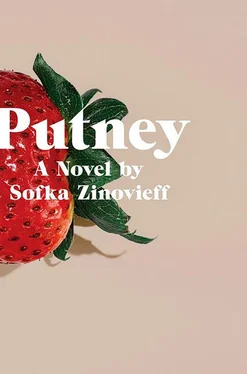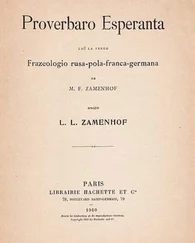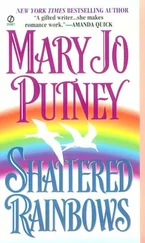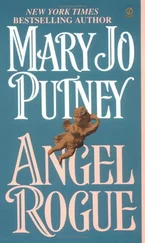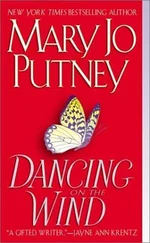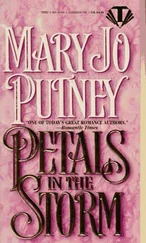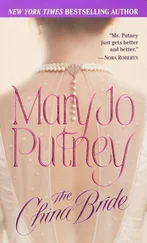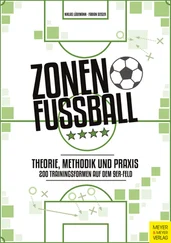She hoped she wouldn’t cry, having always mistrusted the weakness of women’s weeping. But there was nothing delicate or feminine about the violent gush of salty blubbering that engulfed her as her body convulsed with sobs.
She hadn’t cried like that when Ellie died. The shock of being motherless stunned her into stony silence. Ed caved in on himself, unable to share the tragedy with his children, and Theo, always the practical, unflappable member of the family, threw himself even deeper into his PhD. Though only five years older, her brother seemed a distant adult, who could not engage emotionally or offer comfort. The three of them had gone to Paris to identify the body, but Daphne refused to go into the morgue. There were days of suffocating bureaucracy, organising the ‘repatriation of the deceased’. And then the quarrel with Ellie’s mother, who wanted her daughter buried in Greece, though Ed was organising a cremation in London. Yiayia ’s fury scorched down the phone. ‘You can’t burn a person. It’s the deliberate desecration of God’s creation.’ The Greek family threatened to boycott the funeral. ‘In Greece it’s illegal,’ Aunt Athena told Daphne over the phone. On the day, Ellie’s three sisters and mother appeared at Putney Vale Crematorium, dressed in black, as imposing in their anger as a masked, tragic chorus.
Ralph came to the funeral – obviously. Thin-lipped and grim-faced, he was there with Nina, who wept openly, her eyes puffed and red. But after that, he edged back from the quagmire of grief surrounding the Greenslays. Nina tried to be helpful. She had loved Ellie, looking up to her like an older sister, she told Daphne. ‘It’s impossible to believe her powerful energy is gone.’ Arriving at Barnabas Road with pans of soup and oven dishes filled with stuffed vegetables, Nina sat in the kitchen and tried to encourage Ed and Daphne to eat. ‘You need your strength,’ she said. ‘Ellie would want you to keep going, to eat good, nourishing, Greek food.’ The cross-cutting contradictions of death and betrayal made it almost unbearable to see Nina. Daphne wouldn’t touch her meals and left the room as soon as she could, preferring instead to drink herself into nothingness.
Ralph was far warier than his wife of wading through the sad swamp towards Daphne, though she longed to find comfort with him. The first time she visited him at the houseboat after the funeral, she got drunk and they lay together on a bed. He didn’t make a move and she hardly knew what she was doing. The second time they met, she was angry with him. ‘It’s easy for you to pick me up and put me down when it suits you. What am I supposed to do when you go home to perfect Nina and your adorable children?’ He tried to placate her but she became even more infuriated. Their relationship had been poisoned by Ellie’s death, as though their secret was petty, pitiful even, and meaningless in the face of this destruction. ‘What’s the point?’ she raged.
There was no point in anything. School seemed absurd, even though her A levels were only weeks later. Mr Gray, the headmaster, came to visit her at Barnabas Road and explained about losing her future and ‘throwing everything away’. But that looked irrelevant when life could be extinguished so suddenly. Vodka became her preferred medication, making her dazed and relaxed, loose-mouthed like a baby sated on mother’s milk, and even the hangover took her mind off the misery.
Whatever it had been between her and Ralph ceased to exist. They didn’t make love again. She sensed he was relieved to retreat, though he did write a requiem dedicated to Ellie. ‘It’s all about female strength and anger,’ he said. ‘More Dies Irae and not much Lux Aeterna ,’ he pontificated, waiting for her to ask what that meant, which she didn’t. Both sounded stupid. There was a women’s choir and no musical instruments except percussion, also played by women. ‘Terrifying and raw,’ wrote one critic. Ed was deeply touched by their old friend’s gesture. Daphne didn’t care.
She didn’t go to the first performance of Ralph’s Requiem , instead getting smashed at a party held by friends who were leaving the next day for university, Jane included.
‘It’s fine. Have a gap year, then you can take your A levels and go to university.’ Jane’s own bags were neatly packed, her exam results ludicrously good, her future sitting on a plate and smiling. Later, Daphne used to say she was on a permanent gap year. ‘Mind the gap.’
Eventually, Daphne stopped sniffing and the tears and snot on her sleeves dried in the sun. It was like the times she’d sat on the wall at the end of the garden as a teenager, legs swinging over the water, a surreptitious cigarette smoked, secrets wept and whispered into the wet air. Or sobbing inconsolably, drunk on her parents’ booze, contemplating the river’s drifting cargo of rotting planks, plastic toys and dead dogs. When she rolled her legs back towards the pavement and jumped off the wall it was unclear how much time had passed since she’d got there. Thirty-three years perhaps?
Her limbs were heavy but her head lighter, as though the storm of emotions had left new, clean air. She walked home slowly along the back streets. Ralph’s attempt at an ‘explanation’ had turned out even more damning than his previous silence. Why would he think that his surreptitious love of boys made sense of his relationship with her as a young girl? And why the gingerbread house as a metaphor? He must realise, she thought, that it’s a tale of two abused children. Hansel and Gretel are abandoned in the woods by their parents, and tricked into the witch’s clutches through the temptations of sweets and cakes. The gingerbread house is a child trap – an alluring candy construction that is actually a prison containing a cannibalistic witch and an oven for cooking children. Ralph had kept on with the sweetmeats and sweet-talking with such skill that Daphne didn’t even notice when he had her trapped in a cage and slowly began ‘eating’ her. She even thought she liked it.
She always believed that Ralph had been gentle and kind with her. Now it was clear his actions were inherently brutal towards the spirit and body of a child. He had abetted her in lying to her parents and in taking her away from Ellie, as if he could offer something better than mother-love. The lunch at Don Luigi’s inverted the Ralph she remembered as an essentially good, if mischievous, adult boy into a scheming, grooming paedophile. Grandmother into wolf, prince into frog, god into swan, girl into bush; she knew transformations were part of many stories.
The flat felt hot and airless on her return and the hall mirror offered a pitiful picture of swollen, red eyes and frizzed hair. Fortunately, Libby was staying with Paige for the weekend, so she wouldn’t have to explain. She opened as many doors and windows as possible and, replacing her clothes with a long, baggy T-shirt, drank two glasses of water and collapsed into an armchair.
There were three messages on the house answerphone and seven on her mobile – all from Ralph. ‘Daphne, are you OK? What happened? I’m worried. Please let me know what happened.’ Exhausted as if she’d climbed a mountain, she admitted a sweet sliver of satisfaction in not returning his calls.
She was woken by the ping of a text message. Jane. How did it go? Daphne rang her and described the meeting.
‘I can’t believe the gingerbread house!’ Jane was almost gleeful with outrage.
‘Yeah, that’s apparently how he sees it.’ Daphne felt even more tired than before and closed her eyes. ‘Oh God, what a mess. Shit, bugger, fuck… as we used to say.’ She didn’t want to continue with this fairy-tale analysis, even if it was true, but Jane wasn’t giving up so easily.
Читать дальше
